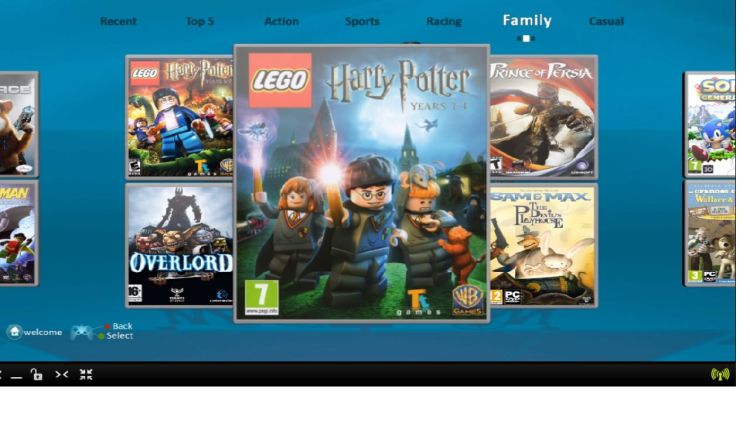GameStop doesn’t want to run its own cloud-gaming service. It says consumers don’t want that, but at least one company in the field disagrees.
Playcast already has game streaming in France, Portugal, and South Korea. Customers in those countries can subscribe to the service through their cable box to get unlimited Netflix-style access to the same games that publishers like Ubisoft and Electronic Arts release on Xbox 360 and PlayStation 3. The company is now eyeing the U.S., and it thinks the market here is ready. That’s why Playcast chief executive Guy de Beer was surprised to hear GameSpot’s reasoning for closing its Spawn Labs cloud-gaming business.
“I think cloud gaming certainly works,” de Beer told GamesBeat. “We’ve been running our service in international markets for years. In France, three different telecommunications companies provide cloud gaming. We power one of them.”
According to de Beer, game streaming in France is just as important as Netflix. Playcast has found that of all the people who have access to its service, 60 percent install the app. Now, Playcast isn’t a mobile or PC program. Instead, it works through a cable or set-top box from the service provider, which means this is all happening on the TV.
“Out of those households that try it, 16 percent purchase the product. That’s a very nice number,” said de Beer. “The average monthly revenue per user we get in France is just above $12.”
Playcast sells different packages ranging in price from $7 a month to $17. They also have short- and long-term rentals, but that makes up a smaller portion of the revenue. The company also finds that its customers stick around once they start using Playcast. More than 40 percent of its subscribers have maintained their service for more than a year.
Now, Playcast is slowly building up to break into the U.S. market. It’s in a private testing phase right now, but a beta is coming soon. It doesn’t plan to partner with cable companies or Internet-service providers like it does in Europe or Korea. It also still doesn’t want to go the OnLive route and try to work on PCs.
“We know that certain players in the cloud-gaming space have left a bitter taste in customers mouths, so we wanted that to fade away,” said de Beer.
But Playcast is OK with taking its time because the Internet infrastructure in the States has required the company’s engineers to re-work the system.
“We had to completely rewrite our algorithms,” said de Beer. “But now we’re actually at a point where our tech rocks. There’s some endemic problems unique to the U.S. with packet-loss issues. We’ve been testing it this out over the last few months,and the public dry run we have coming up soon will already address all those problems.”
Playcast wants to do this right because it thinks that the U.S. presents a ton of potential. That’s the opposite of what GameStop said earlier today, but de Beer thinks that the retailer probably pulled out because its solution didn’t make a lot of sense and not because of weak demand.
“The public information on Spawn Labs was that it was creating a remote connection for your home console,” said de Beer. “They were working on a device that you would plug into your console so you could play it from other devices. In that case, I agree with their analysis — they should have shut it down.”
VentureBeat's mission is to be a digital town square for technical decision-makers to gain knowledge about transformative enterprise technology and transact. Learn More






![Reblog this post [with Zemanta]](http://img.zemanta.com/reblog_e.png?x-id=3b1f2be0-82a6-43c0-9984-32d1bfe7a4ea)
